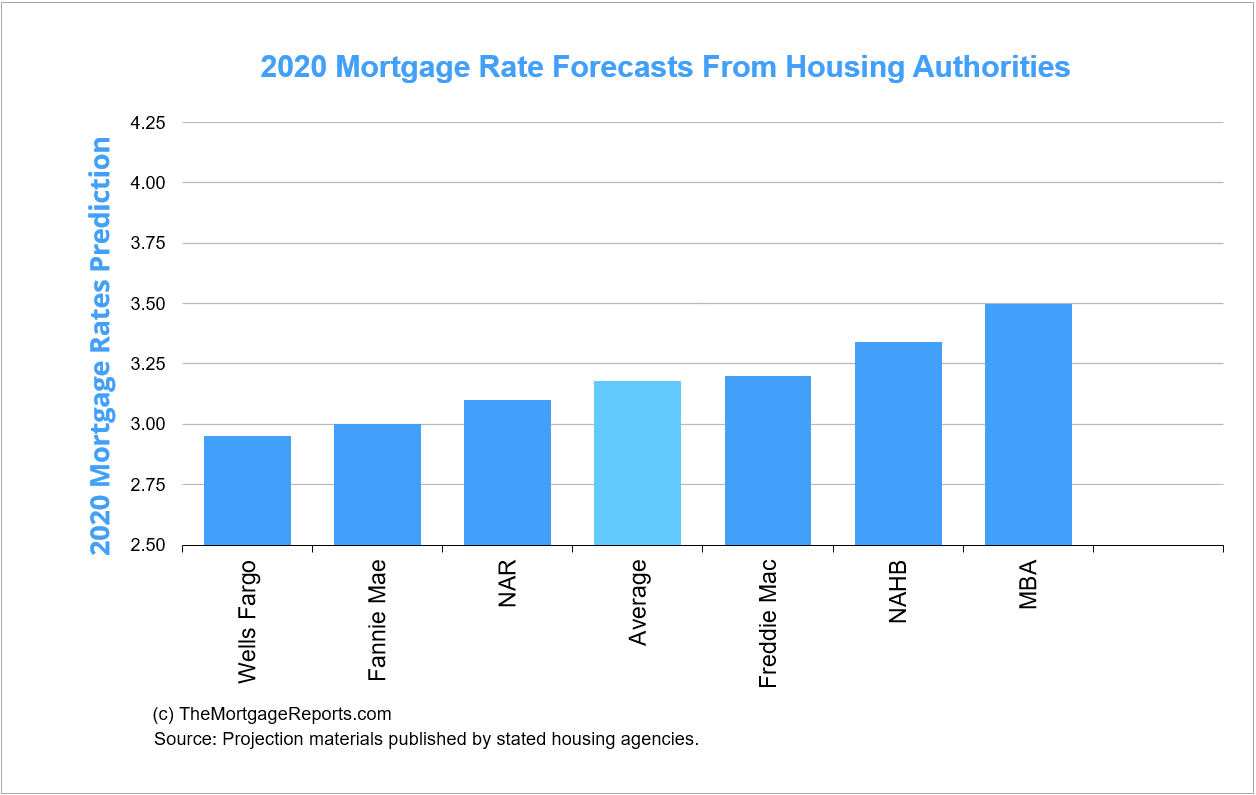If you're 62 or older and want cash to settle your home mortgage, supplement your income, or spend for health care costs you may think about a reverse mortgage. It enables you to convert part of the equity in your house into money without having to offer your home or pay extra regular monthly bills.
A reverse home mortgage can use up the equity in your home, which means fewer properties for you and your successors. If you do choose to look for one, review the various types of reverse home loans, and comparison shop prior to you select a specific business. Continue reading to read more about how reverse home mortgages work, certifying for a reverse home mortgage, getting the finest deal for you, and how to report any fraud you may see.

In a home loan, you get a loan in which the loan provider pays you. Reverse home mortgages take part of the equity in your home and convert it into payments to you a sort of advance payment on your home equity. The money you get typically is tax-free. Usually, you don't have to pay back the cash for as long as you live in your home.
Sometimes that indicates offering the home to get money to repay the loan. There are 3 type of reverse mortgages: single purpose reverse home mortgages offered by some state and city government firms, in addition to non-profits; exclusive reverse home loans personal loans; and federally-insured reverse home loans, likewise known as House Equity Conversion Home Loans (HECMs). how do biweekly mortgages work.
The Main Principles Of How Bank Statement Mortgages Work
You keep the title to your house. Rather of paying regular monthly mortgage payments, however, you get an advance on part of your home equity. The cash you get typically is not taxable, and it typically won't affect your Social Security or Medicare advantages. When the last surviving debtor dies, sells the house, or no longer lives in the home as a primary house, the loan needs to be paid back.
Here are some things to consider about reverse mortgages:. Reverse home mortgage lenders generally charge an origination cost and other closing costs, along with servicing costs over the life of the mortgage. Some likewise charge home loan insurance coverage premiums (for federally-insured HECMs). As you get money through your reverse mortgage, interest is included onto the balance you owe every month.

Many reverse mortgages have variable rates, which are tied to a monetary index and modification with the marketplace. Variable rate loans tend to offer you more alternatives on how you get your cash through the reverse home mortgage. Some reverse home mortgages mostly HECMs provide repaired rates, but they tend to need you to take your loan as a lump amount at closing.
Interest on reverse mortgages is not deductible on tax return up until the loan is paid off, either partly or completely. In a reverse home loan, you keep the title to your home. That implies you are accountable for residential or commercial property taxes, insurance, energies, fuel, maintenance, and other expenditures. And, if you do not pay your property taxes, keep homeowner's insurance, or keep your home, the lending institution might require you to repay your loan.
Get This Report about How Do Mortgages Loans Work
As a result, your lender might require a "set-aside" amount to pay your taxes and insurance coverage throughout the loan. The "set-aside" decreases the amount of funds you can get in payments. You are still accountable for preserving your home. With HECM loans, if you signed the loan documentation and your partner didn't, in certain scenarios, your spouse may continue to live in the house even after you pass away if she or he pays taxes and insurance, and continues to keep the property.
Reverse home loans can use up the equity in your house, which suggests less possessions for you and your beneficiaries. Many reverse home mortgages have something called a "non-recourse" provision. This means that you, or your estate, can't owe more than the worth of your home when the loan ends up being due and the house is sold.
As you consider whether a reverse home loan is ideal for you, likewise consider which of the 3 kinds of reverse mortgage may best suit your requirements. are the least pricey option - how do buy to rent mortgages work. They're offered by https://diigo.com/0iqdm1 some state and regional government companies, along with non-profit companies, however they're not readily available all over.
For instance, the lender might say the loan may be utilized only to spend for house repair work, improvements, or real estate tax - how mortgages work canada. The majority of house owners with low or moderate income can certify for these loans. are private loans that are backed by the business that establish them. If you own a higher-valued house, you may get a larger loan advance from a proprietary reverse mortgage.
Everything about How Does Noi Work With Mortgages
are federally-insured reverse home mortgages and are backed by the U. S. Department of Real Estate and Urban Development (HUD). HECM loans can be utilized for any purpose. HECMs and exclusive reverse mortgages might be more pricey than standard mortgage, and the upfront costs can be high. That is very important to think about, specifically if you prepare to remain in your house for just a brief time or obtain a small quantity.
In general, the older you are, the more equity you have in your home, and the less you owe on it, the more money you can get. Before getting a HECM, you should consult with a therapist from an independent government-approved real estate counseling company. Some lenders providing exclusive reverse mortgages likewise need therapy.
The counselor also needs to describe the possible options to a HECM like government and non-profit programs, or a single-purpose or proprietary reverse mortgage. The counselor also should be able to help you compare the costs of various kinds of reverse home mortgages and inform you how various payment alternatives, charges, and other costs affect the total cost of the loan gradually.
Counseling firms usually charge a cost for their services, typically around $125. This fee can be paid from the loan earnings, and you can not be turned away if you can't manage the fee. With a HECM, there generally is no particular income requirement. However, lending institutions must carry out a monetary assessment when choosing whether to authorize and close your loan.
What Does How Do Mortgages Work After Foreclosure Mean?
Based on the outcomes, the lending institution could require funds to be reserved from the loan continues to pay things like home taxes, homeowner's insurance, and flood insurance coverage (if suitable). If this is not needed, you still could agree that your lending institution will pay these products. If you have a "set-aside" or you accept have the loan provider make these payments, those amounts will be subtracted from the amount you get in loan earnings.
The HECM lets you pick among numerous payment choices: a single disbursement option this is just offered with a fixed rate loan, and generally uses less money than other HECM choices. a "term" choice fixed monthly cash loan for a particular time. a "tenure" choice repaired regular monthly money advances for as long as you live in your house.
This option restricts the amount of interest troubled your loan, since you owe interest on the credit that you are utilizing. a combination of month-to-month payments and a credit line. You may have the ability to change your payment alternative for a small charge. HECMs typically give you bigger loan advances at a lower total cost than exclusive loans do.